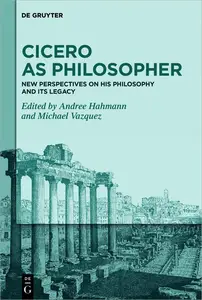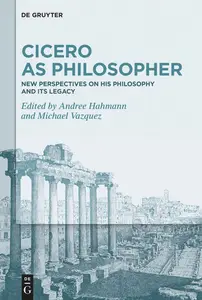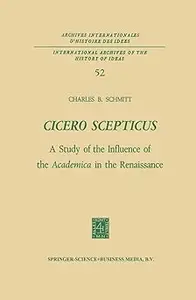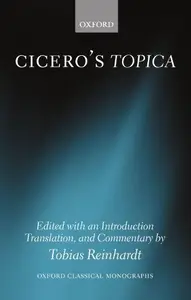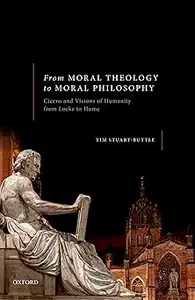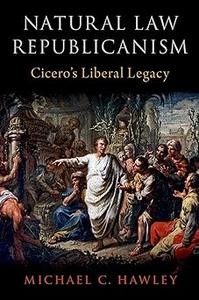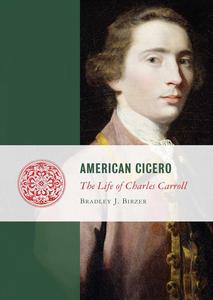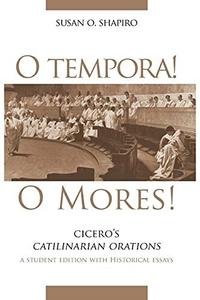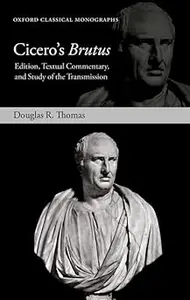
Free Download Douglas R. Thomas, "Cicero’s Brutus: Edition, Textual Commentary, and Study of the Transmission "
English | ISBN: 0198883943 | 2025 | 368 pages | PDF | 7 MB
Cicero’s Brutus is a history of Roman oratory, in the form of a dialogue between Cicero, Atticus, and the eponymous Brutus. This new edition by Douglas R. Thomas presents the first comprehensive study of the transmission of the text, a critical edition of the Latin text, and a textual commentary. The first part of the book presents the study of the manuscript tradition, employng the stemmatic method to establish the relationships between all 107 extant manuscripts of Brutus, and demonstrating that the stemma has three independent branches in the first part of the text and four in the second. The study also shows that the ninth-century Cremona fragment is part of the long-lost archetype, the Codex Laudensis, and that F, the manuscript copied by Niccolò Niccoli, is the source of the majority of the tradition. Brief descriptions are provided of the manuscripts in a catalogue. The second part of the volume presents a new edition of
